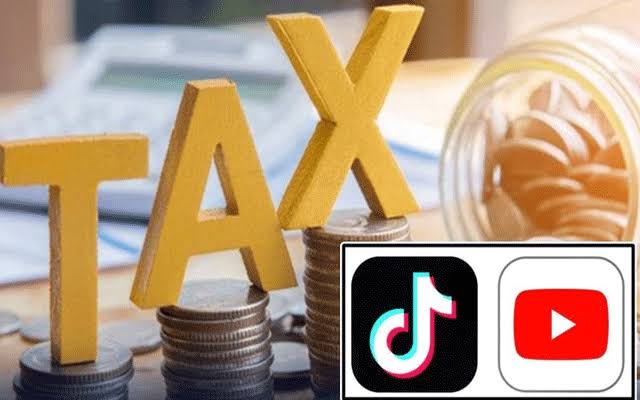The Government of Pakistan is set to present the national budget for the fiscal year 2025-26 on June 2, 2025. According to media reports, the budget will likely include new tax measures to raise additional revenue, targeting YouTubers, freelancers, and other social media earners.
Topline Research indicates the Federal Board of Revenue (FBR) may be assigned a revenue target of Rs. 14.1 to 14.3 trillion, which is 16–18% higher than the previous year. While 12% of the increase is expected through natural economic growth, the remaining 4–5% would come through new taxes worth Rs. 500 to 600 billion.
—
3.5% Tax on YouTubers and Social Media Income
Experts, including the Institute of Cost and Management Accountants of Pakistan (ICMAP), have recommended a 3.5% income tax on digital creators like YouTubers and TikTokers. This move alone could generate around Rs. 52.5 billion in revenue.
—
Pensioners Also in the Tax Net
The government is reportedly considering a 2.5% to 5% tax on monthly pensions exceeding Rs. 400,000. Although a similar proposal failed last year, analysts believe this time it may be implemented, potentially bringing in Rs. 20–40 billion.
In the first 9 months of FY 2024-25, the government has already spent Rs. 673 billion on pensions, expected to reach nearly Rs. 1 trillion by year-end.
—
Health Tax on Processed Food and Cigarettes
In an effort to promote public health, the budget may include a 20% Federal Excise Duty on ultra-processed food items like snacks and biscuits. The goal is to gradually increase this rate to 50% by FY 2028-29. Additional taxes on tobacco products are also under consideration.
—
Non-Filer Category May Be Abolished
To improve compliance and satisfy IMF requirements, the government has proposed a bill to eliminate the non-filer category. If passed, non-filers could be restricted from purchasing cars and property, marking a major policy shift.
—
Conclusion
The upcoming Budget 2025-26 aims to broaden the tax net, including digital income streams and high-income pensioners, while also promoting health reforms. These moves reflect the government’s urgency to increase revenue amidst rising economic challenges.







